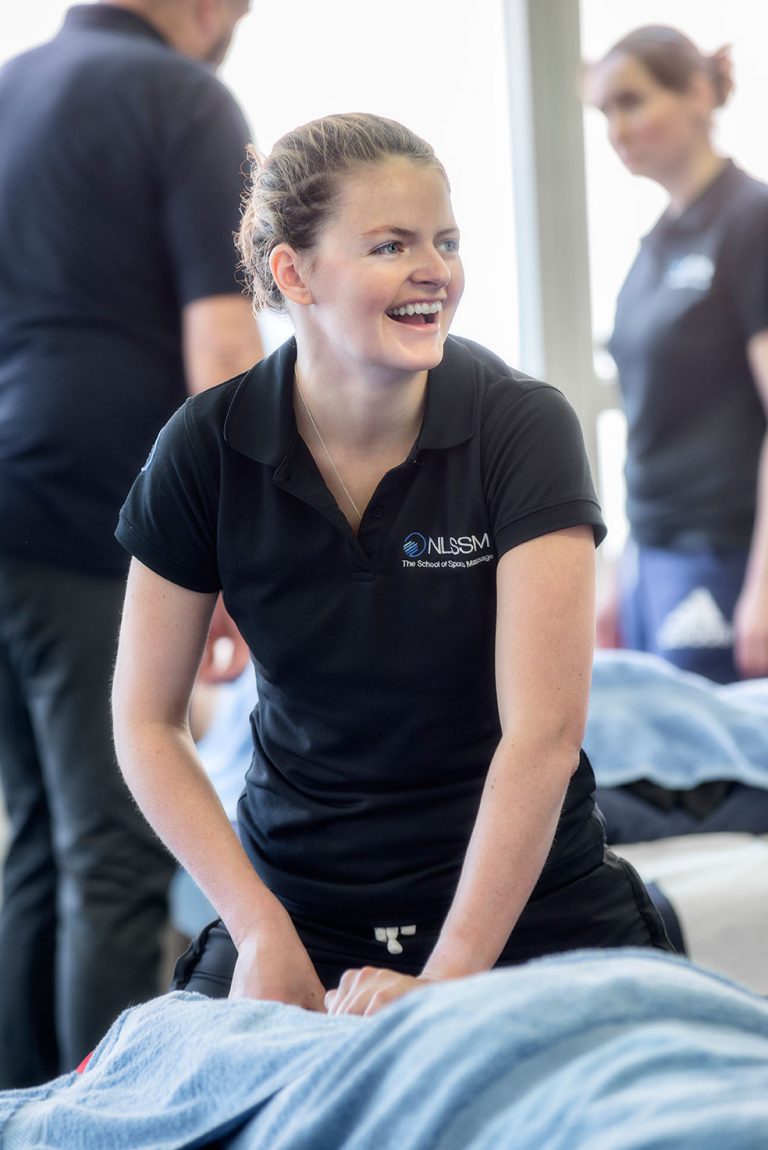When choosing a remedial soft tissue therapy course, quality should be a top priority.
You’ve likely heard the saying, “You get what you pay for.“
In an already unregulated industry, investing in comprehensive, high-quality training is essential to uphold professional standards and protect clients. Unfortunately, the rise of short, intensive courses promising Level 4 or even Level 5 qualifications in just a few days or weeks is undermining the profession.
This blog is delving into why these fast-track courses fall short and what to look for when selecting a credible training program.
You get what you pay for!
The Risks of Fast-Track Courses
With little industry oversight, anyone can create a course and claim to be qualified. This lack of regulation has led to a surge in subpar training programs that prioritize speed and profit over quality. Short courses promising advanced qualifications in as little as three or four days flood the market with undertrained therapists, damaging the profession’s reputation.
Here’s why these courses are problematic:
Inadequate Knowledge
There isn’t enough time to master complex topics like musculoskeletal anatomy or chronic injury rehabilitation, leaving therapists unprepared to meet client needs effectively.

Minimal Hands-On Practice
Practical experience is crucial for developing skills and confidence. Short courses don’t allow enough time for students to refine techniques. Training for a career is like training for a marathon – it requires months of preparation, not just a few days.

Unrecognised Qualifications
Many fast-track courses lack accreditation from reputable bodies like OFQUAL, limiting recognition by insurers, employers, and clients.

Client Risks
Poorly trained therapists are more likely to make mistakes, leading to ineffective treatments or even client harm. At Level 5, where practitioners handle complex injuries and chronic conditions, this is especially concerning.

Therapist Safety
Inadequate training in body mechanics can result in repetitive strain injuries (RSIs) or musculoskeletal issues, potentially cutting careers short. Many therapists seek refresher courses because poor training has left them injured, often due to overuse of the thumb, poor posture, or incorrect technique. Therapists should be able to deliver effective treatments without harming themselves.

How to Identify a High-Quality Course
To protect yourself and your clients, research training programs thoroughly. A credible course should offer:

Accreditation by Reputable Bodies
Look for programs accredited by OFQUAL-regulated awarding bodies such as OCN. Accreditation ensures high teaching standards and proper student support.

Comprehensive Curriculum
A proper Level 4 or Level 5 course should span several months and cover advanced anatomy, injury assessment, rehabilitation, and therapeutic techniques in depth.

Hands-On Training
Quality courses provide extensive practical experience under supervision, allowing students to refine their skills in real-world scenarios.
Transparent Information
Reputable providers clearly outline course content, duration, qualifications, and recognition to ensure students make informed decisions.
Why NLSSM Stands Out
At NLSSM, we recognise the importance of thorough, high-quality training.
Our Level 5 Sports Massage and Remedial Soft Tissue Therapy course, accredited by OCN and regulated by OFQUAL, meets the highest industry standards.
Our program provides:
- A comprehensive curriculum covering advanced techniques, injury rehabilitation, and clinical reasoning.
- Extensive hands-on practice, ensuring students develop confidence and competence.
- A widely respected qualification, recognized by employers, insurers, and clients.
- Unlike short, fast-track courses, our program offers the time, support, and depth needed to master the skills required for professional success.

Invest in a Strong Foundation for Your Career
Earning a qualification isn’t just about adding a certificate to your name – it’s about preparing for a long-term, successful career. Short, intensive courses may seem convenient, but they often leave therapists undertrained and unprepared for the demands of the job.
As therapists, educators, and clients, we all play a role in safeguarding the profession’s future by demanding higher standards. By investing in a reputable, accredited program like our Level 5 course, you’re not only setting yourself up for success – you’re also helping to uphold the integrity of the industry.

